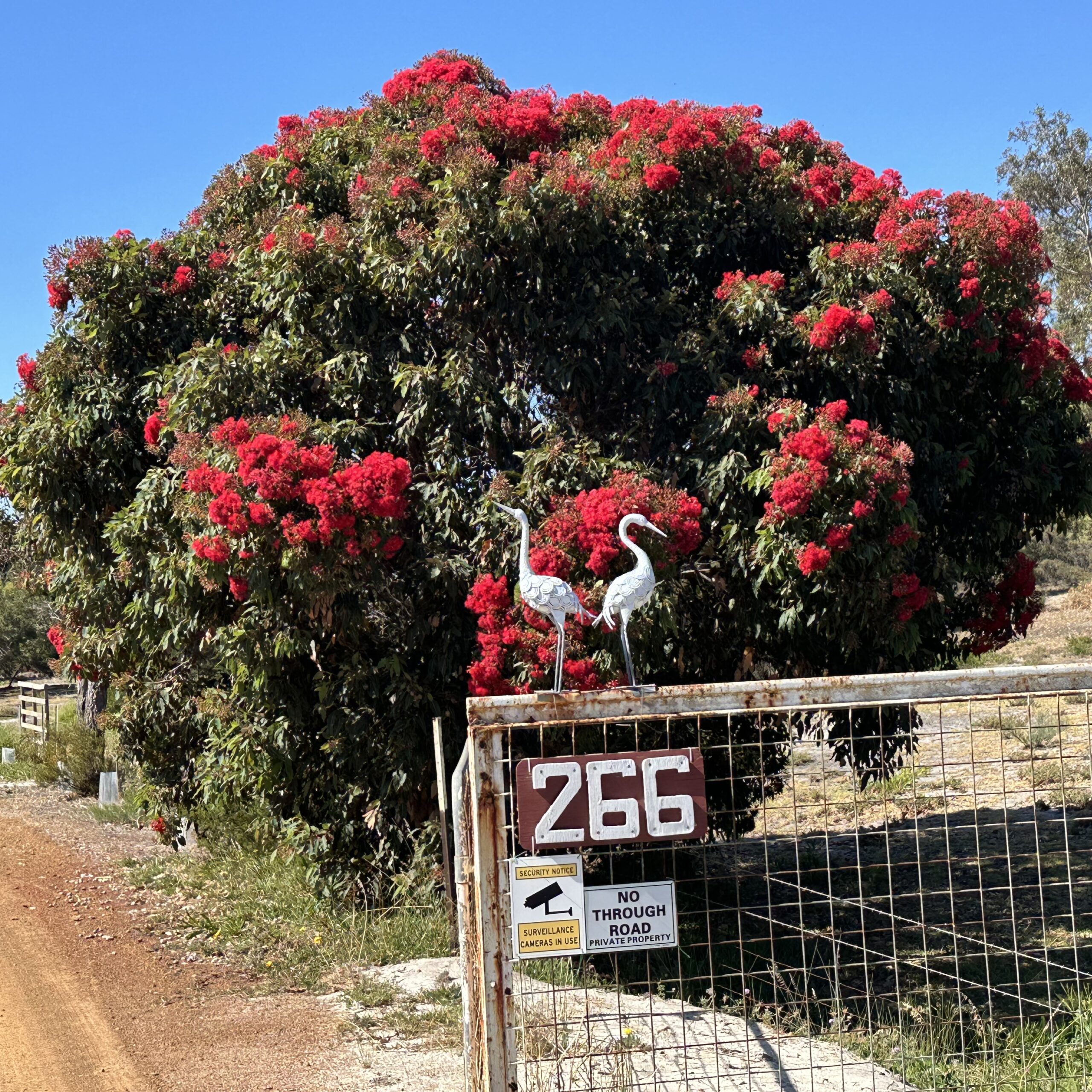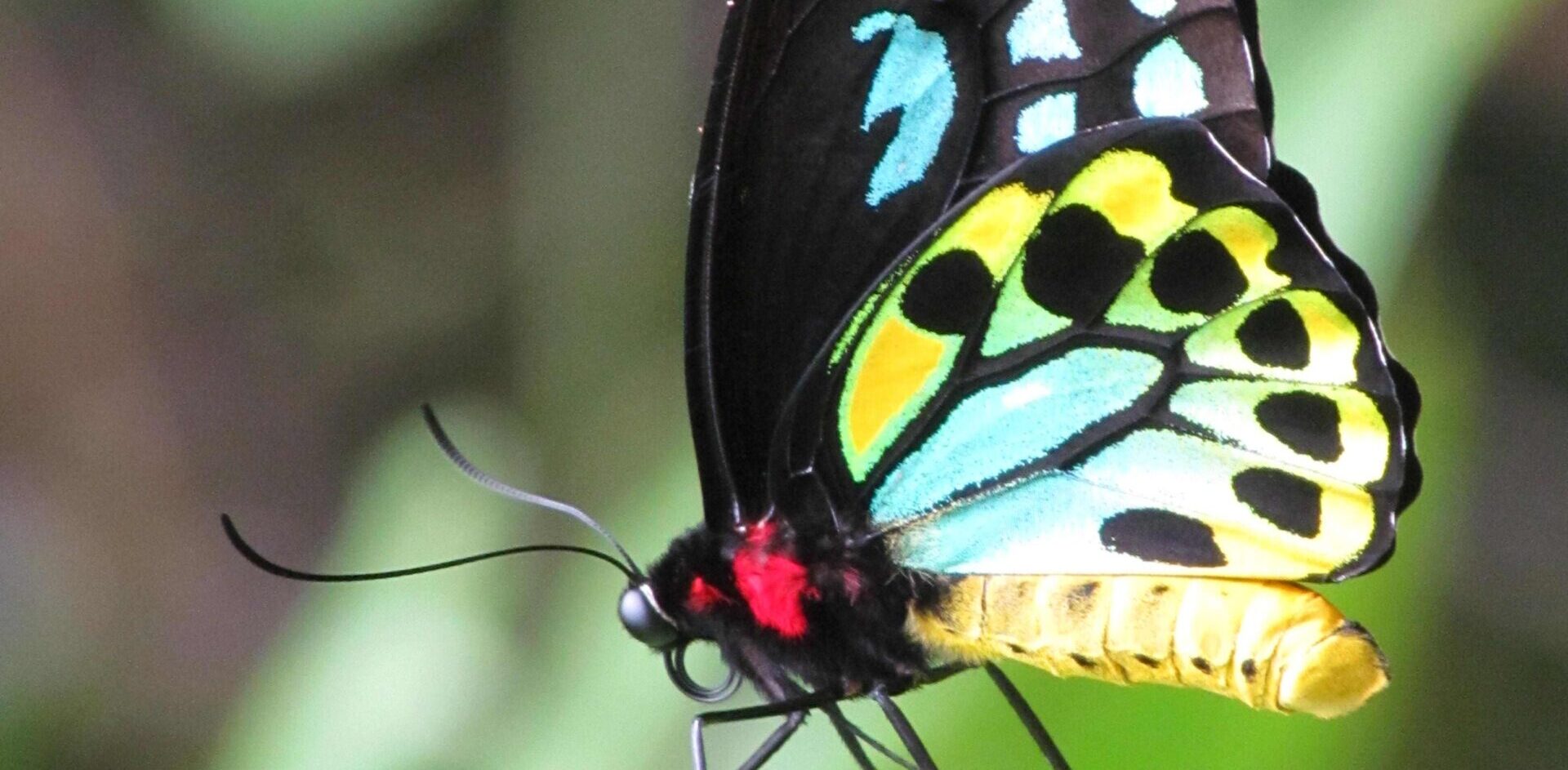Left: Carnaby’s black cockatoo (Zanda latirostris), Right: Red flowering gum (Corymbia ficifolia), an endemic species to southwest WA.Photo credits: Lori-Ann Shibish and Colin Ingram Esperance Wildlife Sanctuary Inc Western Australia • CHADWICK In 2021 we purchased our 12-acre property that was part of a 1980s subdivision, partly cleared to run...
Humane Society International welcomes the Prime Minister’s statement to Alan Jones on 2GB this morning signalling Australia will be strident in calling for a crack down on wildlife trade. Scientific evidence points to the COVID-19 coronavirus first emerging from a ‘wet market’ trading live wildlife in Wuhan, China.
Wildlife markets have, in the past, spawned or exacerbated other global health crises, including Severe Acute Respiratory Syndrome (SARS) and the deadly bird flu.
The Prime Minister made the point that these markets are not unique to China and present a risk wherever they operate in the world.
HSI agrees with the Prime Minister and is calling for a global clamp down on wildlife trade.
“The capture, market trade, and butchery of wild animal species for human consumption happens across large parts of Asia and Africa such as Indonesia, India, Viet Nam, and West, Central and East Africa, as well as in Latin America. Governments around the world must unite to shut down this trade for good”, said Nicola Beynon HSI Head of Campaigns in Australia.
In February, HSI leadership in South Africa, Nepal, India, South Korea, Canada, the United States, Australia, Guatemala, Sri Lanka, Viet Nam, the United Kingdom, Honduras, El Salvador and Costa Rica all called on governments for global action.
For interviews with Nicola Beynon and other Humane Society International experts on wildlife trade and its role in the COVID-19 pandemic please call Rhiannon.
Images available here.


